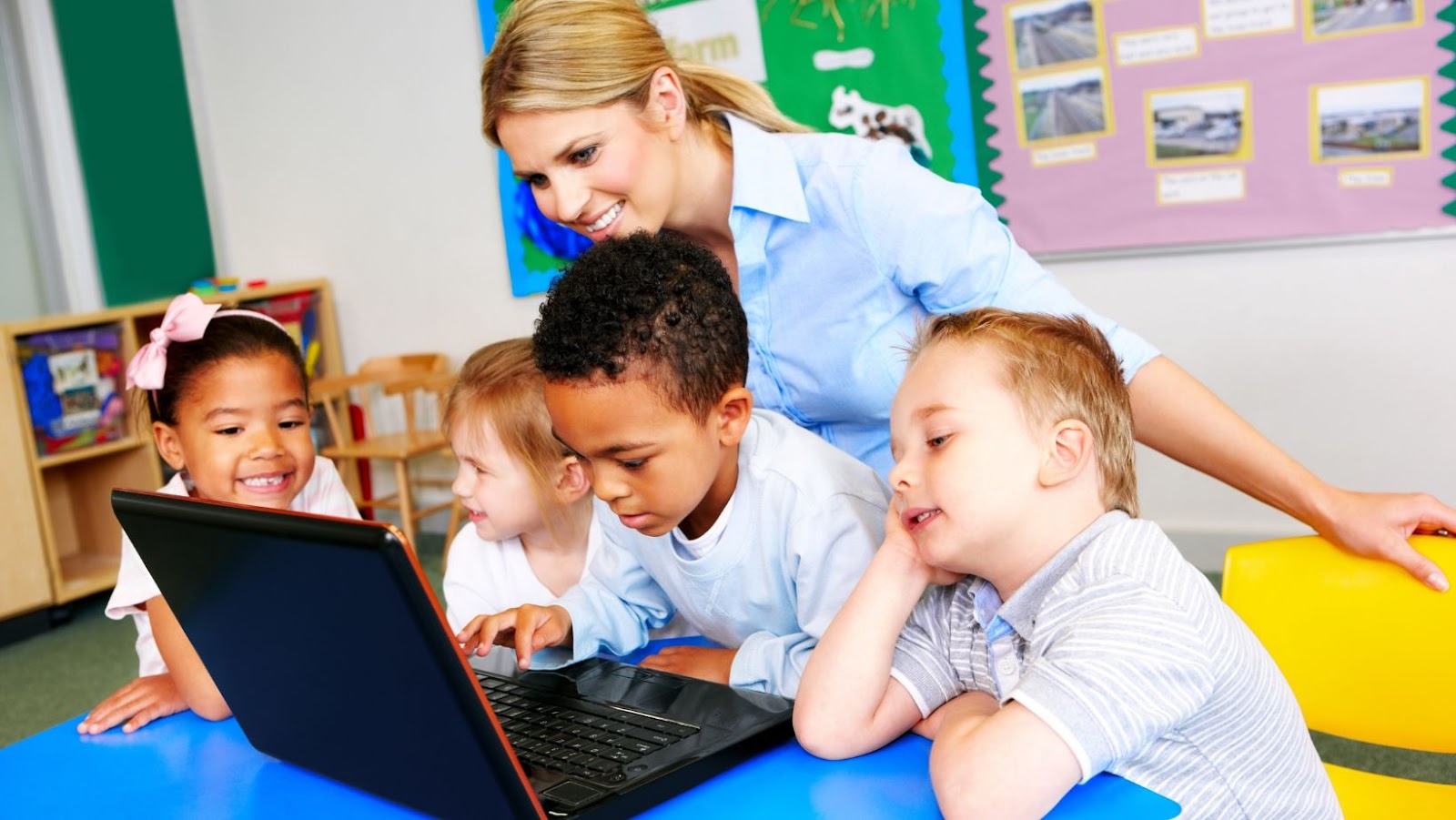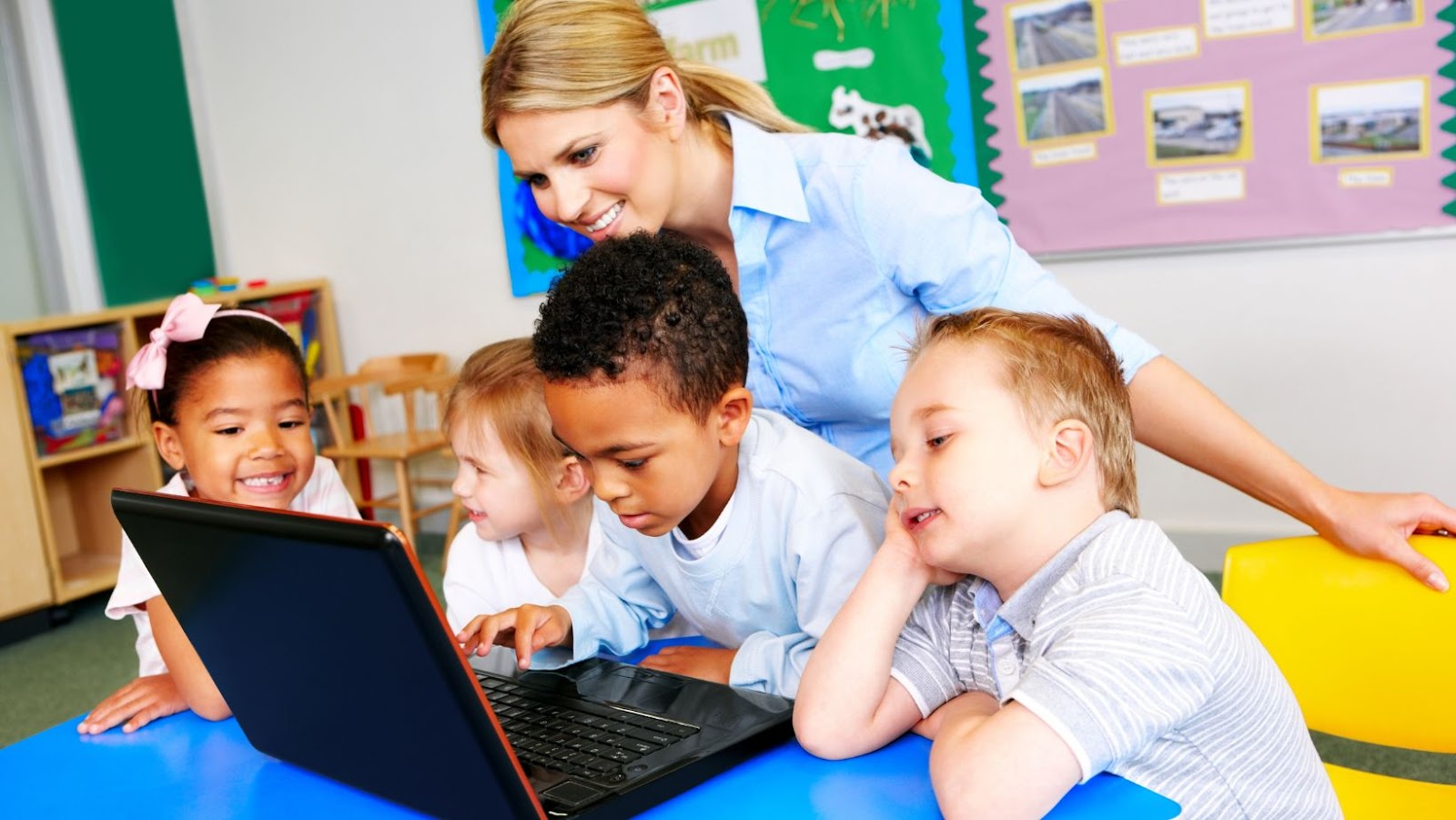The internet, while being a potent educational resource for your children, also presents a risk of cyber-attacks and the development of harmful habits. As digital learning becomes a necessary component of even elementary education, it is implausible to isolate children from the digital sphere. Thus, the internet is a tool of both benefit and potential harm.
Nonetheless, overuse of the internet can lead to not just a decline in their mental health, but also make them susceptible to cybercrime.
Hence, it is every parent’s responsibility to educate their children on digital literacy. Adult learners must verify a platform and check reviews before asking someone to make my essay for their assignments.
This article explores six crucial lessons to instill in your children for safe and efficient internet use from a young age.
Kids should also avoid chatting with strangers or accepting unknown friend requests.
6 Crucial Online Safety Lessons for Primary School Kids
Be Mindful of What You Post
Every day, as we create 2.5 quintillion bytes of data, one might assume that the content shared would easily get lost in the crowd. However, any photos or information children post on social media are perpetually available for misuse. This content can be disseminated, downloaded, modified, or re-uploaded onto various websites by online predators harbouring harmful intentions.
Therefore, it’s crucial to educate your children about the importance of internet safety. They should be cautious about what they post online, particularly any sensitive information such as their location or phone number. Moreover, they should steer clear of engaging in conversations with unfamiliar individuals or accepting friend requests from unknown sources.
Never Share Your Passwords
Identity theft or financial fraud may occur if criminals manage to hack one’s passwords and steal sensitive information.
You must teach your kids to keep their passwords secure and safe. They shouldn’t share it with friends or strangers. Teach them to avoid weak passwords like their name or birth year, which can be easily guessed. Help them use a password generator or set it yourself using the following points:
- Use a mix of letters, numbers, & symbols.
- Passwords ought to contain over ten characters.
- Set unique passwords for different accounts;
- Avoid utilizing words from the dictionary or typical sayings.
- Avoid storing passwords on Google Docs or the computer.
Be Mindful of What You Click

Children in primary school are often not old enough to comprehend what they are selecting on digital devices. Cyber criminals exploit this naivety by sending deceptive emails that lure these youngsters into clicking on dangerous links. Additionally, these children might be enticed to download a corrupted game or file, which could then disseminate viruses and malware throughout the system. This can provide these criminals with the opportunity to steal sensitive information and eavesdrop on the children. They may even gain remote access to the webcam, potentially misusing any recorded footage for extortion purposes.
Therefore, it is imperative that you educate your child not to click on links from unfamiliar websites or emails from unknown individuals. They should not download any files without supervision. It’s also important that you utilize robust antivirus software and keep it updated regularly.
You must teach your kids to keep their passwords secure and safe. They shouldn’t share it with friends or strangers.
Learn to Deal With Cyberbullying

The widespread use of social media has led to an increase in cyberbullying among children.
Educate your children not to react or retaliate to online bullies, as it can exacerbate the situation. Regular and specific conversations about online matters are vital. Assure your children that they can approach you and openly discuss any instances of bullying or unsettling behavior they encounter.
In this manner, you have the opportunity to sit with your children and strategize a plan to manage such issues. You could consider blocking the bullies on social media platforms and capturing screenshots of conversations or comments as evidence.
Limiting Internet Usage
Excessive internet usage can pose significant threats to children. This could result in internet addiction, reduced attention span, and diminished social skills. Moreover, it could lead to sleep deprivation, anxiety, and depression among kids. This jeopardizes their physical and mental well-being, thereby endangering their future.
Hence, parents must limit their kids’ screen time and activities. You should ensure your kids use the internet only after their studies, homework, and sports practices. Educate them on the harmful effects of internet usage and inspire them to build productive habits. You should also monitor what content they consume and restrict certain sites.
Be a Responsible Digital Citizen
Children ought to participate in the creation of a moral online community. They should adhere to the same social graces on social media as they would in their everyday lives. This encompasses showing respect to others, demonstrating kindness and assistance, and refraining from mistreating or intimidating other children.
Promoting negativity or reacting to offensive remarks on social media can harm children’s psychological health. Thus, it’s crucial for kids to avoid making disrespectful remarks or engaging in unproductive arguments under posts. Even though they’re interacting through a screen, it’s important they recognize they’re dealing with actual individuals who have emotions and feelings.
You should ensure your kids use the internet only after their studies, homework, and sports practices. Educate them on the harmful effects of internet usage and inspire them to build productive habits.
Conclusion
Every child needs to be digitally literate. This equips them with the knowledge to understand the constraints of technology and the ability to use the internet safely. It’s vital to impart these key points to your children for their optimal experiences online. By doing so, children can evolve into accountable digital citizens and carve out a robust presence in today’s world.



